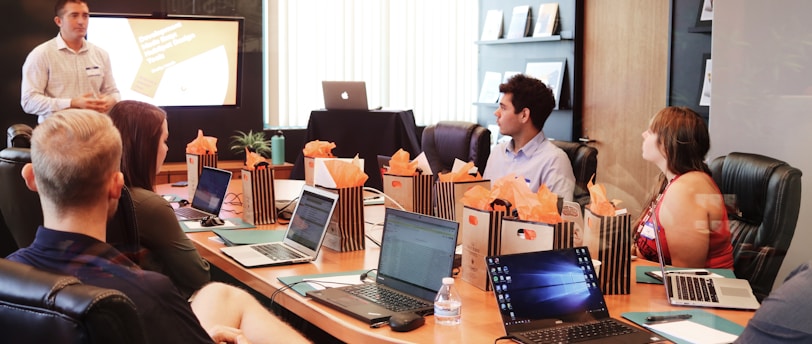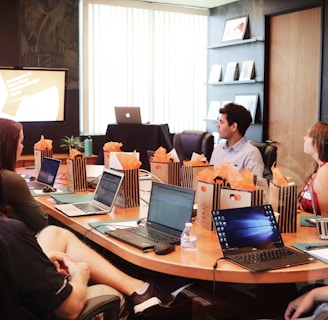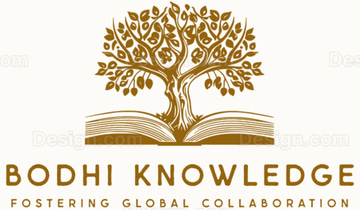Case Study: Effective Leadership in Techno-Managerial and Administrative Roles
ACADEMIC BRIDGING
Dr Dinkar Kharat PhD, MBA
1/6/20251 min read


Background
As a seasoned techno-managerial professional, I have successfully led various administrative, project management, and techno-managerial activities in my role at MIT World Peace University (MIT-WPU). My objective was to ensure seamless operations, drive innovation, and foster a culture of excellence.
Challenges
1. Complexity in Managing Multiple Stakeholders: Managing diverse stakeholders, including faculty, staff, students, and external partners, with varying needs and expectations.
2. Technological Advancements and Integration: Staying abreast of technological advancements and integrating them into existing systems to enhance operational efficiency.
3. Balancing Administrative and Project Management Responsibilities: Effectively balancing administrative tasks with project management responsibilities to ensure timely completion of projects.
Strategy and Implementation
1. Developed Strategic Plans and Policies: Created strategic plans and policies to guide administrative, project management, and techno-managerial activities.
2. Established Effective Communication Channels: Fostered open communication channels with stakeholders to ensure their needs were addressed and expectations met.
3. Implemented Project Management Methodologies: Utilized project management methodologies, such as Agile and Waterfall, to ensure timely completion of projects.
4. Leveraged Technology to Enhance Operational Efficiency: Implemented technological solutions to streamline administrative tasks, enhance project management, and foster innovation.
Outcomes and Impact
1. Enhanced Operational Efficiency: Improved operational efficiency by streamlining administrative tasks, implementing project management methodologies, and leveraging technology.
2. Fostered a Culture of Excellence: Promoted a culture of excellence by establishing strategic plans and policies, fostering open communication channels, and recognizing employee achievements.
3. Successful Project Delivery: Ensured timely completion of projects by implementing project management methodologies and leveraging technology.
4. Increased Stakeholder Satisfaction: Improved stakeholder satisfaction by addressing their needs, meeting their expectations, and fostering open communication channels.
Lessons Learned
1. Effective Leadership is Critical: Effective leadership is essential for driving innovation, fostering a culture of excellence, and ensuring successful project delivery.
2. Strategic Planning is Key: Strategic planning is crucial for guiding administrative, project management, and techno-managerial activities.
3. Technological Advancements are Essential: Staying abreast of technological advancements and integrating them into existing systems is vital for enhancing operational efficiency and driving innovation.
